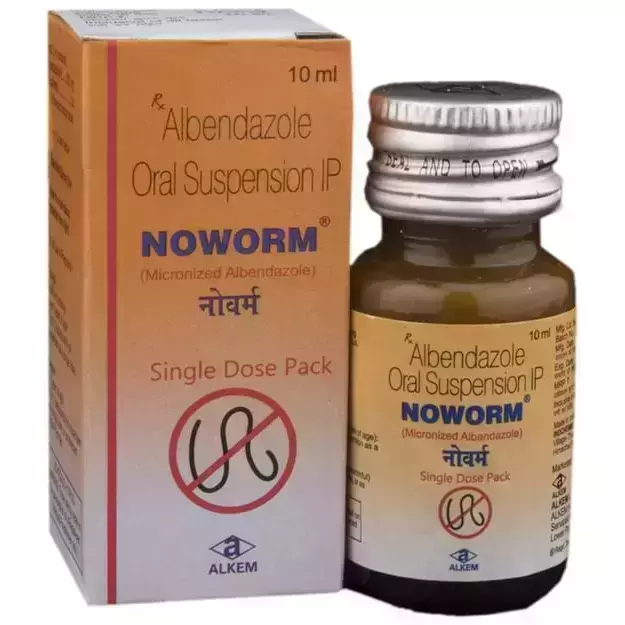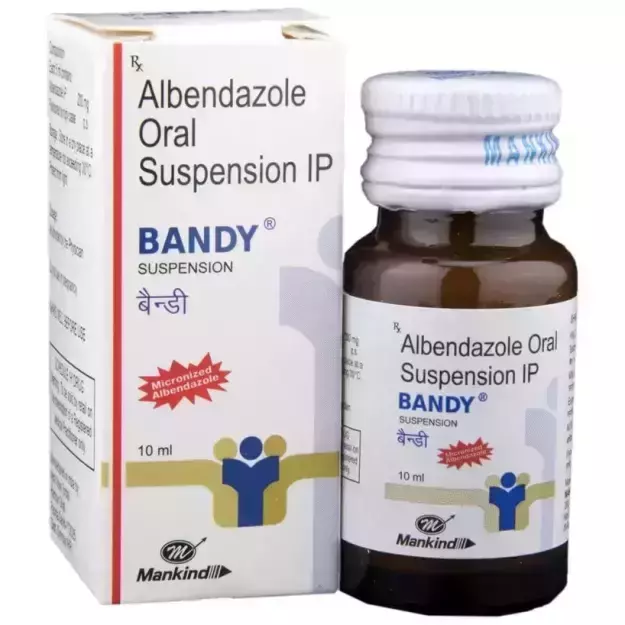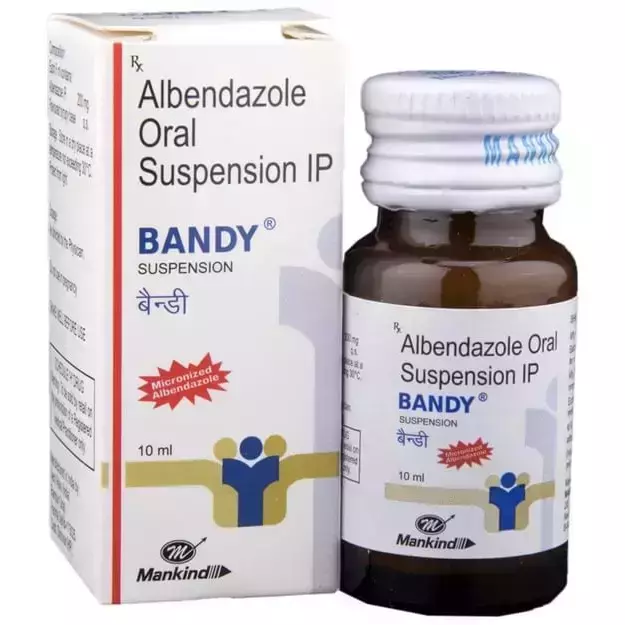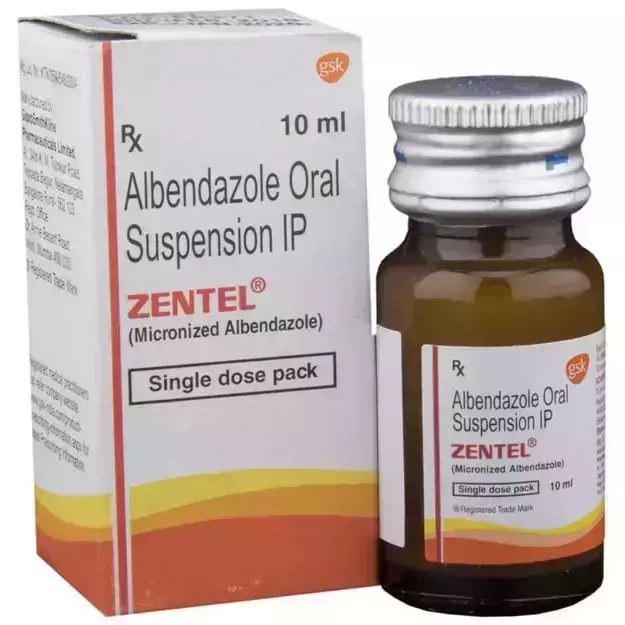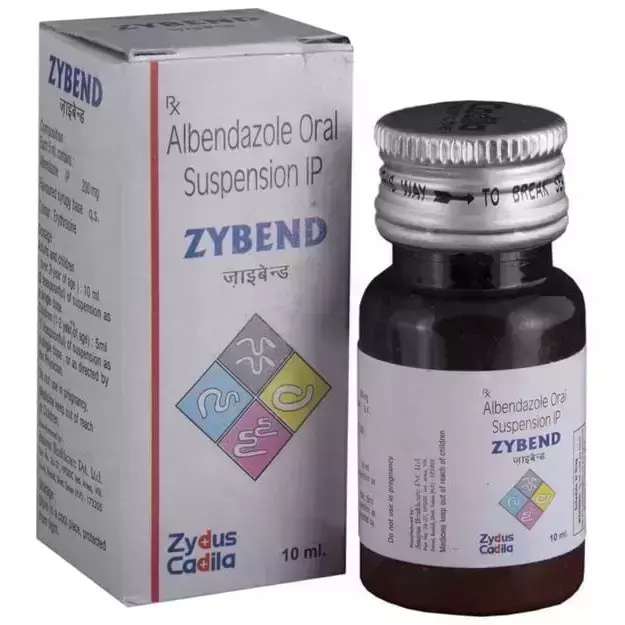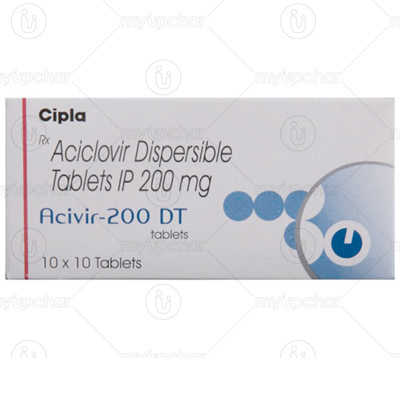Syband, a prescription drug, is manufactured in various forms such as Suspension, Tablet. Primarily, it is used for the treatment of Intestinal Worms. Secondary and off-label uses of Syband have also been mentioned below.
The optimal dosage of Syband is largely dependent on the individual's body weight, medical history, gender and age. Dosage also depends on the route of administration and your chief complaint for which the drug is prescribed. This information has been provided in detail in the dosage section.
Common side effects of Syband include Headache, Nausea or vomiting, Hair Loss. Some other side effects of Syband have been listed ahead. These side effects of Syband are usually temporary and subside with the completion of treatment. Consult your doctor if these side effects become worse or stay for a longer duration.
Furthermore, you should know that effect of Syband is Severe for pregnant women and Mild for women who are breastfeeding. It is important to know if Syband has any effect on the kidney, liver and heart. Information on such adverse effects, if any, has been given in the Syband related warnings section.
Syband is contraindicated in people with pre-existing medical conditions like Liver Disease, Kidney Disease, Neutropenia as it can result in adverse effects. Other conditions have been mentioned below in the Syband contraindications section.
Drug interactions for Syband have been reported in the medical literature. See below for a complete list.
In addition to the above precautions for Syband, it is important to know that it is safe while driving, and is habit-forming.
X







